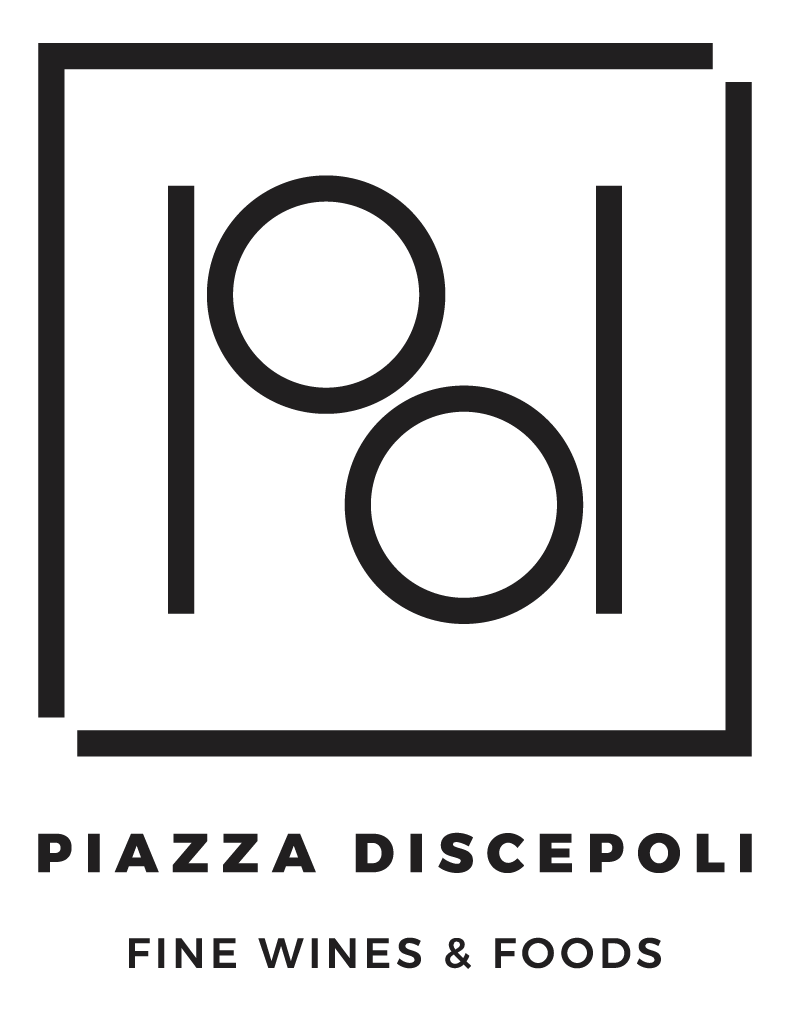Fio Rätzelhaft 2020 Riesling
This weekend we tasted this Riesling from Fio, a joint venture connecting two families: the Kettern family, who have been making wine in the Mosel for several hundred years, and the Niepoort family, led by famed Portuguese winemaker, Dirk Niepoort. Dirk is known for his different collaborations and works with winemakers across the globe. He traveled to the Mosel in his youth and befriended the late Wilhelm Haag, Wilhelm Haag of Weingut Fritz Haag in the Mose was one of Germany’s most heralded Riesling producers and a figurehead in the region. Wilhelm was an iconoclast and taught Dirk that “great wine didn’t have to be powerful and rich to be wonderful.” The name Fio means ‘thread’ in Portuguese, the two families share a common vision (or thread) for what the wines of the Mosel could be: old-school wines made in a classic and slower style, using time as the element missing from many wines that they felt rushed to market today.
This 2020 Rätzelhaft Riesling is a very pale color in the glass, almost clear. It’s an easy drinking example of Riesling, however, it is not representative of what you typically find of the varietal. It’s mild and light-bodied. Most Rieslings have more body from the residual sugar from the grape, but this one is bone dry and acidic. As with many other Rieslings and German wines this one has notes of petrol, citrus, and pear. It has a lively elegance and floating lightness.
Rätzelhaft means “to riddle” and originally their idea was to use long lees contact, a specific blending of vineyards, and to age in bottle to remove the imprint of the grape variety, posing a riddle for the taster. The wines are all grown on steep slopes in the villages of Piesport and Leiwen. They are harkening back to pre-modern winemaking with their cellar work and viticulture. No herbicides, pesticides, or chemical fertilizers are used. Sheep graze in the vineyards to control weeds and a hands-off approach is taken. Old vines, trained on single poles like the Douro or Côte Rotie, are prized and used not just for the top wines, but for all quality levels. Their grapes are grown in clay-slate soils, fermented in Moselle barrels and stainless steel tanks, and matured for one year on the full yeast without sulfur. In the cellar, the wines are naturally fermented in Mosel fuder barrels and without sulfur. The ferments can take a long time to complete, but nothing is rushed. Most of the wines in the range are fermented completely dry and spend between one and three years in barrel, on the full lees before being bottled, unfined and unfiltered. SO2 is used at bottling and at low levels. The wines are released “when they start to taste really good” says Marco. This of course means that there are a variety of different vintages on release at any one time. “We admit we are not sales guys,” says Marco. “We want to taste and release the wines when they are ready, not before.” All their work results in an intensely mineral, complex Riesling with fresh citrus notes and nuances of stone fruits and nuts. It is lively, elegant, slightly smoky, and salty.
Riesling grapes have been grown in and around central Europe for centuries, and over time, they became the lasting symbol of south Germany's ancient and proud wine culture. Riesling grapes have now spread around the globe, growing anywhere with the correct climate in which they can thrive. Riesling grape varietals generally require much cooler climatic conditions than many other white grapes, and they are generally considered to be a very 'terroir expressive' varietal, meaning that the features and characteristics of the terroir they are grown on comes across in the flavors and aromas in the bottle. It is this important feature which has allowed Riesling wines to be elevated into the category of 'fine' white wines, as the features of the top-quality bottles are generally considered to be highly unique and offer much to interest wine enthusiasts. The wines from Fio are certainly very different from much of what is made and currently imported from Germany, but they are also astonishingly delicious. This is a natural wine with inventive, Daliesque labels. The quality of the wines is rooted in old vines, steep slopes, and great vineyard material from Göldtropfchen, Josephsberg, and Falkenberg, all top sites in Piesport. Fio is producing avant-garde wines without pretense for everyday drinking.



